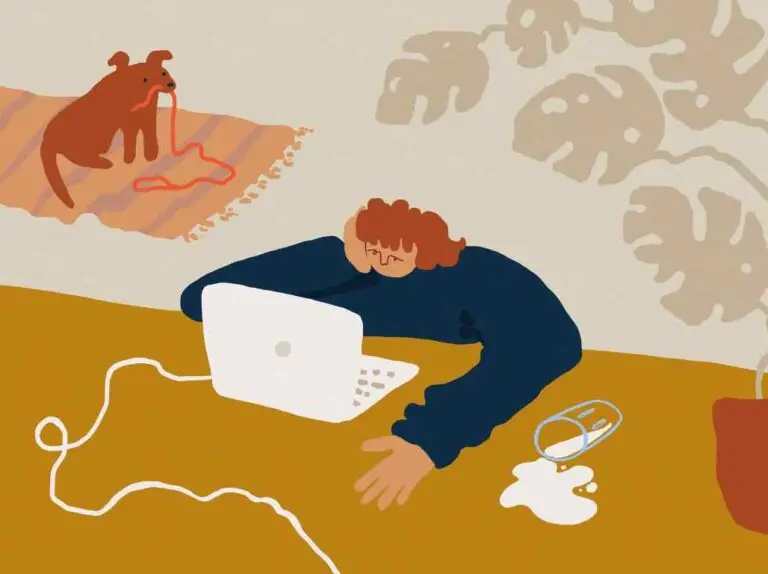How To Get Work-Life Balance In Recovery
Work-life balance depends on emotional wellbeing whether you are in recovery, or struggling with life issues. It all starts with feeling well enough to be productive. When addiction and mental illness like depression or anxiety get it in the way of your being productive, it’s time to assess what’s happening in your life. Here are some basic questions to ask yourself.
Work-Life Balance: Are You Overworking
Are you plagued with working long hours, incessant multitasking, and the pressure to excel? These stressors can take a toll on your emotional and physical well-being. From anxiety and depression to burnout and beyond, the spectrum of mental health challenges in the workplace is vast and complex.
So, how can you strive for equilibrium while contending with these obstacles? The journey begins with self-awareness and self-compassion. Acknowledging mental health struggles is not a sign of weakness but rather a courageous act of self-care. By accepting limitations and seeking support when needed, you lay the foundation for a healthier work-life dynamic.
Work-Life Balance: Can You Set Boundaries
Setting boundaries is another crucial aspect of managing work-life balance amidst mental health challenges. This may involve delineating specific work hours, resisting the temptation to constantly check emails after hours, and carving out time for rejuvenating activities outside of work. In a culture that often glorifies overwork, asserting boundaries can be an act of rebellion and self-preservation.
Work-Life Balance: How Well Are You Communicating
Communication is key, both with yourself and with others. Employers and colleagues should foster an environment where mental health discussions are encouraged and stigma is dismantled. This can involve implementing flexible work arrangements, providing access to mental health resources, and promoting open dialogue about well-being in the workplace.
Work-Life Balance: What Are Your Coping Tools
When you cultivate coping mechanisms for stress and anxiety, you can nurture mental resilience. This might include mindfulness practices, regular exercise, hobbies that bring joy, and connecting with supportive communities. Building a toolbox of strategies enables you to navigate stressors more effectively and bounce back from setbacks with resilience.
Work-Life Balance: Consider Getting Help
Seeking professional help when necessary is paramount. Therapists, counselors, and mental health professionals can offer invaluable guidance and support tailored to individual needs. Whether through therapy, medication, or other forms of treatment, prioritizing mental wellness is an investment in one’s overall quality of life.
In navigating work-life balance while managing mental health challenges, it’s crucial to remember that progress is nonlinear. There will be good days and bad days, triumphs and setbacks. Embracing the journey with patience and self-compassion is essential.
Work-Life Balance Conclusion
As individuals, employers, and society at large continue to grapple with the intersection of work, life, and mental health, fostering a culture of empathy and understanding becomes increasingly imperative. By prioritizing mental wellness and supporting one another on this collective journey, we can cultivate a workplace culture where individuals thrive, not despite their mental health challenges, but alongside them. Together, we can redefine success not merely in terms of productivity and output, but in terms of holistic well-being and fulfillment.
If you are a working professional searching for help on your recovery journey, choose Parkdale. We focus on treating professionals who struggle with addiction across the United States. Learn more about our drug and alcohol rehab for professionals.
More Articles To Read About Recovery
Mental And Physical Tips For Self-Care In Recovery
Supporting Loved Ones Through Challenges





















